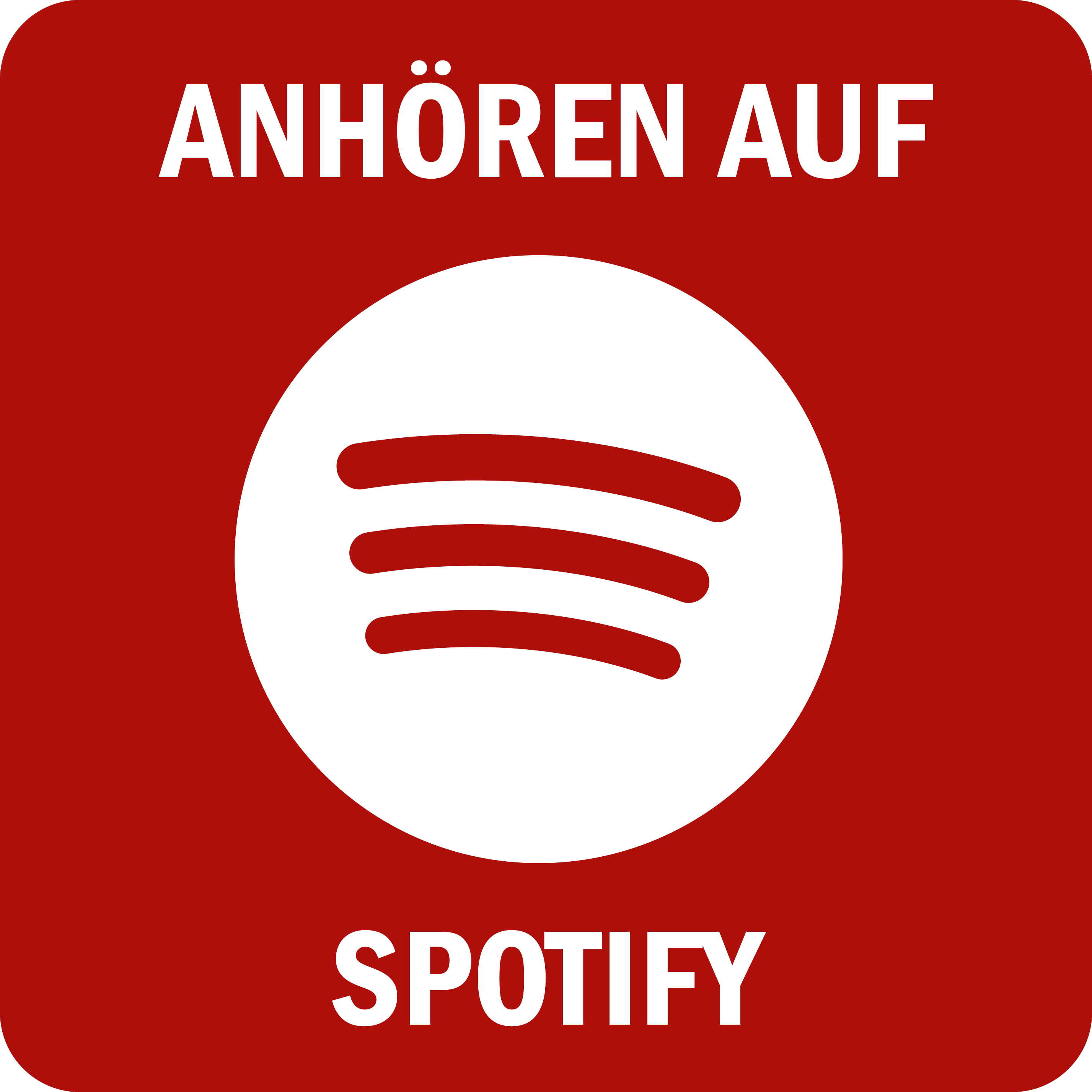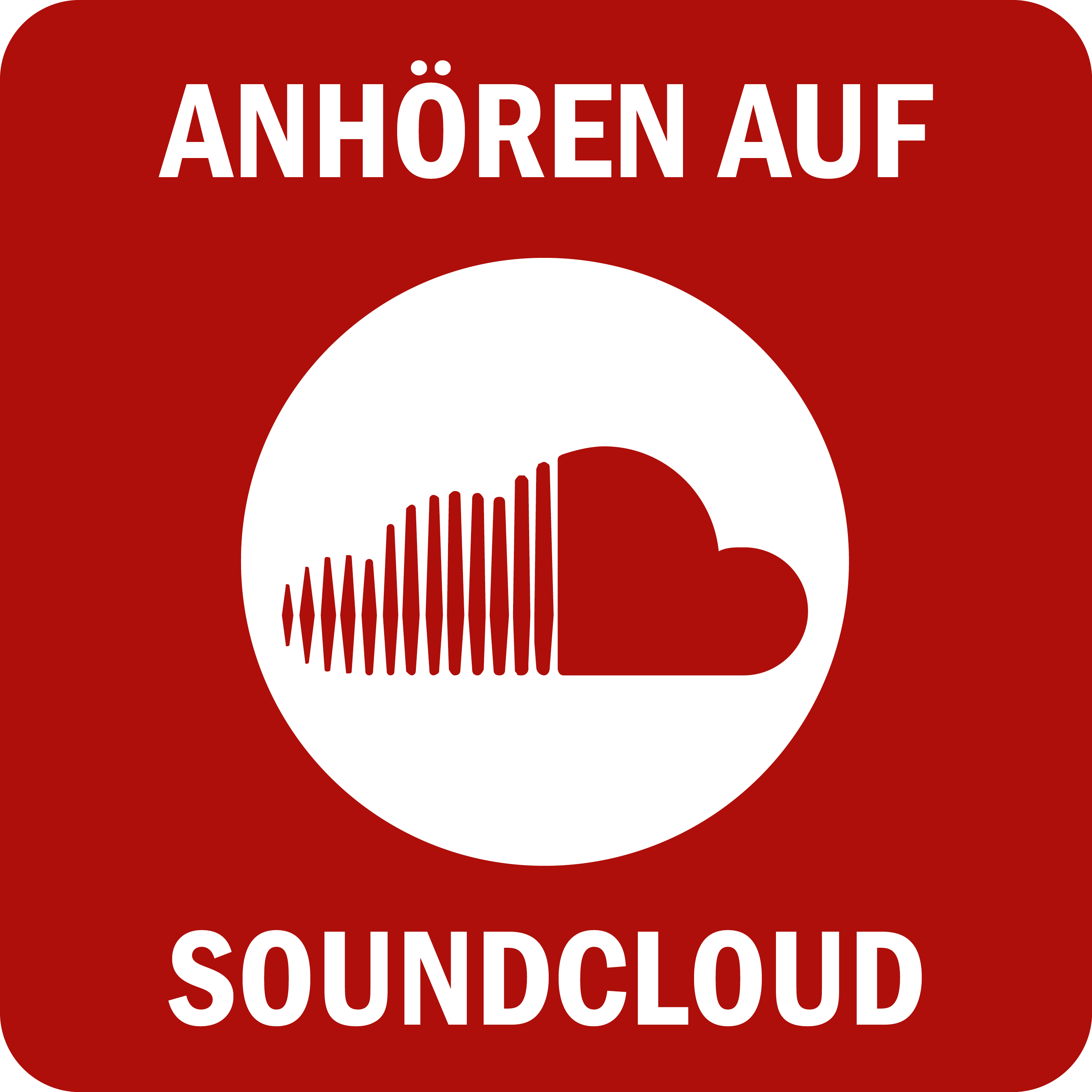The story of the vermin man.
Here, for a change, I'm picking up the keys as a blockbuster author in the ever-popular futuristic thriller genre. And it goes like this:
It seems like a biblical visitation. Although the heat often accumulates in the canyon of Canada's Fraser River at the bottom of the valley, no one in "Canada's Hot Spot", the village of Lytton with its 250 inhabitants, was prepared for what happened on this memorable Sunday: The thermometer shows almost 50 °C - conditions in the canyon are now like in the desert. A train passing by in the area triggers a forest fire with a spark, and a few hours later the neighbouring village of Lytton is history: burnt down. Conditions like in the desert? Probably like in hell.
TOO LAZY TO READ ON? THEN LISTEN TO ME:
In the blogcast, I read this recent blog article to you. With emphasis, of course!
The Pacific island nation of Kiribati is sinking into the ocean, in Siberia houses are sliding on collapsing, thawing permafrost, in western Germany rainfall amounts to 150 litres/m2 flood cities, the disaster then moves on to southern Europe. Does this mean hope for Catania? Because there in Sicily, greedy flames are already eating their way into the big city. In Greece and Turkey, people are suffering from temperatures of well over 40°, which do not drop below 30° even at night. Fires rage, the fire brigades are almost powerless.
In California, Arizona, Nevada and Utah, heat and drought have mutated into a permanent state, in the southwest of the USA there has been a mega-drought for two decades, which has even driven rattlesnakes into settlements in California and caused the water level of Lake Powell to drop by 43 metres in Utah, while Oregon is plagued by a plague of locusts. In the western US, even worse fires rage with each year of drought, destroying, destroying and destroying everything - including all efforts to mitigate greenhouse gases.
All-time record high temperatures are being measured in Helsinki and Moscow, armies of firefighters are battling fires in Siberia, more than a million hectares are already ablaze, in some places embers now smoulder in peat soils all year round. A dome of heat over the Middle East is pushing the temperature in the Persian Gulf above the 5-degree threshold. In Afghanistan, the Taliban and hunger rule as drought means food emergencies for millions. The UN World Food Programme warns of unprecedented famine in Madagascar. In some places, locusts are the only food left for the people there.
In Angola, the population is suffering from drought, the worst in 40 years, a large part of the harvest has been lost, cattle are dying of thirst. Brazil fears for its electricity supply because the Rio Iguaçu at the great waterfalls only carries a fifth of its water, and the Paraná River, which powers one of the world's largest hydroelectric power plants, is also at historic lows.
In Taiwan, the rainy typhoons remain absent. If Taiwan's reservoirs, from which chip manufacturers draw their water, dry up, the global computer industry is threatened with problems.
4,000 kilometres to the west, in China's largest desert, as much rain falls in one month as normally falls in two years. In the metropolis of Zhengzhou on the Yellow River, underground tunnels are overflowing. Hundreds of people are trapped in trains, at least 108 people die in the city.
Meanwhile, all of humanity is threatened by a deadly plague whose strain of virus in ever new mutations keeps scientists on their toes, while one question dominates headlines worldwide: "Is this all still a lot of bad news, or do we already hear the hoofbeats of the apocalyptic horsemen?"
To be continued. (But maybe not ...)
Not a bad start for a novel, eh? I should do that professionally, shouldn't I? However, this panorama of phenomena that interweave internationally to form a future doomsday scenario comes as if authors like Marc Elsberg ("Blackout") or Frank Schätzing ("The Swarm") had thought it up and as if it wasn't even from my pen. And not from the future either. I copied the passage almost word for word from the beginning of an article in Der Spiegel 32/2021. There, the authors Francesco Collini, Johann Grolle and Thomas Milz document how it is acutely happening on earth. Not bad parents, eh? The parents are us, by the way. We, the humans, the main actors in the Anthropocene, that epoch in Earth's history in which nothing has as much influence on the state of our planet as what humans do and did. And does not do. So we not only see this introduction in The Mirror, we also see ourselves in the mirror. And our future all the same, which is particularly fitting because we Austrians especially like to look at the future in the mirror, provided it's a rear-view mirror. So there we have the salad, the dried-up one.
We are getting better and better.
I know, in contrast to the dystopias, there is also a completely different story: humanity is doing better than ever before. The statistics speak a clear language, as you can read in "Factfulness" by Hans Rosling. However, we also know the turkey illusion from risk research, which in short explains that, statistically speaking, a turkey has never been as well off as on the day before Thanksgiving. - Welcome to the Turkeyocene.
A week after the article in Spiegel, I came across an interview in a daily newspaper that the TV icon Sepp Forcher gave to the editor Peter Gnaiger on the occasion of his 90th birthday. Forcher, a man who has shared his passionate, affectionate joy in nature, customs and homeland in radio, TV and books many times. Titled "Wise words from almost on high", the valiant man said there, among other things: "When you know how old our earth is, then you see climate change with composure again. Because the earth will always exist. But the biggest vermin on earth will soon no longer exist. And that is the human being. This statement struck such a chord with the editors that it was also given a big highlight: "We have to admit to ourselves: The biggest vermin is man."
What a powerful narrative: the earth will exist forever, despite the vermin that is man. This story has only one flaw: it is false.
Let's leave aside the fact that, if science is to be believed, the earth will not exist forever, if there is such a thing as forever, and humans even less so. After all, we are already tinkering with our successor model under the working title of Artificial Intelligence. But what does science know, and what do I know? And let's also overlook the fact that calling humans vermin is a bit reminiscent of a time that a 90-year-old with a good head should be able to remember fiercely.
What weighs most heavily above all this is that the story: "Man as a superfluous living being" is just as wrong as the story "Man as the master of the world". We are neither the one nor the other.
The good old story of us all.
The old story that we have been telling each other since we started telling each other stories, the story of man as the ruler of the earth, this story has moved forward in all kinds of ways. If you take a brief look at the living conditions of the Neanderthals and then visit a research laboratory, a shopping street or a food factory today, you will get an idea of the progress that has been set in motion by this story. Continents were "discovered", natural resources were extracted, land was reclaimed, states were founded, traffic routes were opened up, animals were used, cities were built, many forces of nature were conquered, diseases were eradicated, religions were founded, enemies were defeated, the good was helped to break through, victories were won, top performances were achieved.
If that is not a success, what is one, please? - Oh yes: see above for continuation.
However, if you take a look at the sooty-smoky place where until recently the laundry was hanging out to dry in Lytton, then the thought slowly creeps in, and not only in me, that something might not have gone quite so ideally with the story "Man as Ruler of the World". Despite its eternal bestseller status. Perhaps the fan club of this story, that is us, is stuck somewhere between the turkey illusion and the great narcissistic mortifications of humanity and is overripe for what I will call narcissistic disillusionment? More than overripe for waking up from the narcissistic misunderstanding that man, as the - current - crown of creation, is consistently its master?
Maybe it needs a whole new story?
Away with us humans!
Now that sounds like the cue for Forcher-Sepp, who condescends to us from almost on high and, in addition to a pair of Landjäger, a piece of old cheese and a joke of bread, also pulls the story "Man as the greatest vermin" out of his rucksack. Could this be the new story that will bring us out of the narcissistic misunderstanding? Honestly: from master of the world to the biggest vermin, that's quite a booty call. It even rouses a bear from hibernation. And God knows, it's a transformation, too, and that would give us a stable story arc to work with. You could pitch it as "Rag to Riches in Reversal", the story of the fallen angel, a paraphrase of the Austrian politician's career: "From millionaire to dishwasher".
Seriously, wouldn't the planet really be much better off without us humans? I mean: who would miss us? Who would miss us? Certainly not the many critters we've wiped out. Nor would the climate. And the fact that nature manages quite well without humans can be observed everywhere where natural conditions prevail. No one crows for us humans there, and they feed on vermin on a grand scale.
On the other hand, what is a vermin? It depends on your perspective, or in Max O'Rell's words: "Whether a black cat is bad luck depends on whether you are a man or a mouse. Whether grasshoppers are vermin depends on whether you live in Oregon or Madagascar. And many a formerly happy rooster has ended up on the proud vermin's 4,000-euro Weber grill. Or in his Thermomix. - Turkey illusion everywhere you look.
Who is missing the human being?
So what would be missing if this vermin were missing, if man were missing? - Man!
The person he could be, the person he should be, would be missing.
Who we could be, should be. We: you and me.
This person has been missing for ... forever, almost.
At least, since we have begun to tell and understand ourselves and each other this wretched story of "man as the ruler of the world" in its countless variations, and then to thoroughly misunderstand the history of man. The inner story, namely, the one that connects us all with everything.
If we assume that in the infinitely interconnected interplay of all life on this planet, no superfluous species exists, then this applies all the more to the currently most highly developed species, i.e. us humans. So what could be our task? What could be our contribution? I suppose what other living beings cannot do, i.e. repair, heal, create something for others.
Humans are not the only living beings who can do this, they even have to do it to stay healthy, as we have long known from our own experience and as happiness research has proven: the best thing you can do for your own happiness is to support others in finding theirs. Abraham Maslow added a penthouse to his five-stage pyramid of needs in the 1970s. Above self-actualisation, transcendence now dwells there - that is, the possibility of sharing a common consciousness with others that goes far beyond one's own limits, and thus of experiencing meaning beyond personal development. A little more about this can be found in this blog article.
This is a story that can be used to reduce the overheating of the planet as sustainably as it wants to be understood, i.e. beyond the reflexive sustainability talk that everyone thinks they have to secrete into all communication channels as sustainably as only CO2 has been secreted into the atmosphere so far. Couldn't the story of "Man as Healer and Creator on Earth" make it possible to experience a new (actually archaic old) connectedness that takes the overheating out of everything, especially in dealing with each other, be it on a political level, be it on the smeared toilet walls of the offended insulters known by the misleading name of social media?
The new history of us all.
That would be a new history and at the same time an ancient history, the history of all of us, the history of everything: the history of the interconnectedness of life in all its forms of existence in mutual support. We human beings may continue to see ourselves at the forefront of development in this story, for all I care, we only need to change our perspective: from ruler to good king. One who "... first always asks what he can give ...", as Mufasa, the old Lion King gives his son Simba as probably the most important lesson in life, at the beginning of his Circle of Life. I have written something else here about what being a king can mean.
Yes, this new story is so archaic and so old that we have known it forever and have been telling it to ourselves in countless variations for just as long, even in the Disney universe.
"Subdue the earth" says the creation story told in the Bible. Is this where the narcissistic misunderstanding, the confusion of ruler with king, of exploiter with user, the deep contradiction between what we want and what we need, is rooted?
We humans are profoundly contradictory creatures in our thinking, willing and acting. The spaces in between are filled with our free will and the freedom of our decision.We have consciousness, but are often controlled by the subconscious.
We are the only living beings with a conscience, but we are the only ones who act without conscience.
We are the only species that can improve the habitat, but we are the only one that destroys it.
We know what is right and act in the way that is most convenient.
We misunderstand what we understand.
We make our life decisions according to the same criteria that our old aunt used to judge the quality of a sofa cover: The most important thing was the "grateful colour". In other words: the sofa is dirty, but you can't see it, and you wash it when it stinks. So it's too late.
We shower each other on the outside with vociferous wrong answers to the right questions that we should urgently ask ourselves on the inside, in the hope that we can thus save "nature". As if we were in nature and not nature in us, were not we nature.
A recently published book, "You are Nature" by Anna Zemann, deals with this contradiction in an equally penetrating, insightful and illuminating way and at the same time offers a lot of helpful handouts for each of us ourselves and thus for all of us. Inspired by her up-close experiences in the world lived on the outside and triggered by journeys into the inner world - in an instructive diversions via Africa - Anna Zemann sends us a tough and tough reminder in a velvet glove, without a know-it-all finger, but out of experienced, deep self-knowledge and therefore pleasantly authentic.
It is high time that we wake up from this narcissistic misunderstanding that makes us believe that everything and everyone is a resource that we can exploit for our own benefit - from mineral resources to - what a term! - "human resources". The path to human material is no longer far and there is no longer much wonder that everything in some form becomes a market, needs a function, must be at the service of a (personal) goal.
Purpose? - You have it now!
It is also no wonder that the increasing number of people whose attention is being drawn in this direction is quickly discovered as a new market, is addressed as a target group and wants to be exploited as a source of good business. There is skimming and greasing. Today, mindfulness, appreciation, sustainability and purpose are technical terms that are probably heard more often in marketing departments than by those responsible for CSR.
Hey, the purpose! Today, companies that don't have a "purpose" are practically running through the village with their fly open. Purpose is the biz trend, you need it like a TikTok profile. As a reward, wokewashing, greenwashing, purposewashing, meanwashing, greencashing - the varieties of alerter tapping into a consciousness that has outgrown its niche - are legion. Here I share some more thoughts on this and how to get on top of yourself and your cause.
The fatal thing about the bullshit gurgle: Purpose is actually the lifeblood for every powerfully viable brand, for every resilient company off the neo-pale-green cashier street. I notice this goose bumpingly close in my daily work with many companies that are looking for something they are missing but cannot articulate it and only in the course of our collaboration realise, but then all the more clearly, what they were missing: Purpose - meaning, purpose, mission - call it what you will. Just recently, the CEO of a fintech company told me at the end of our sessions together: "I didn't know what our problem was at the beginning and was quite suspicious. Now we feel like a huge boulder has been lifted off our shoulders on a daily basis!" With the boulder of meaninglessness on our backs, it's hard to climb up Maslow's pyramid, which we all want to climb - whether it's an individual or a huge company. We have to climb to the very top: to transcendence. That is the inner story in all of us that wants to tell itself about us, in all our infinite diversity and yet in infinite connectedness. We humans are contradictory beings.
These interwoven relationships over a common cause, these purpose relations, make us strong - as people, as teams and as a society. That is what we are here for.
Purpose Relations are the source of a new story, the New Story that our red-hot civilisation desperately needs. It is a new, a better story for all of us, one that is about all of us and multiplies our strengths instead of, like the old story, making us look like rulers but at the same time making us look like vermin and dividing us.
I think that's what my grandmother, old Story Dudette, meant when, many moons ago, she wrote with her glowing red lipstick on the mirror in the washroom of the Mirror 's editor-in-chief: "New Story. New Glory."




